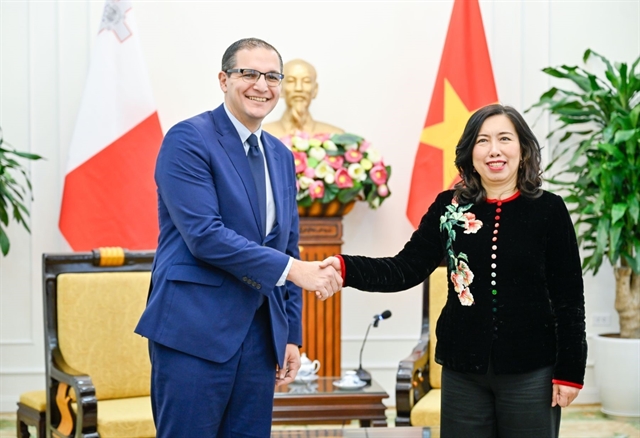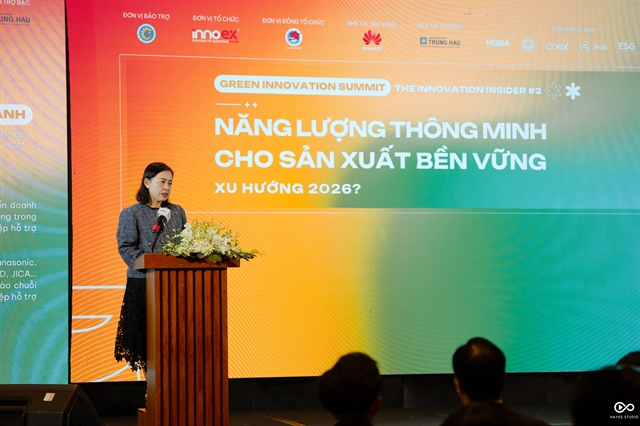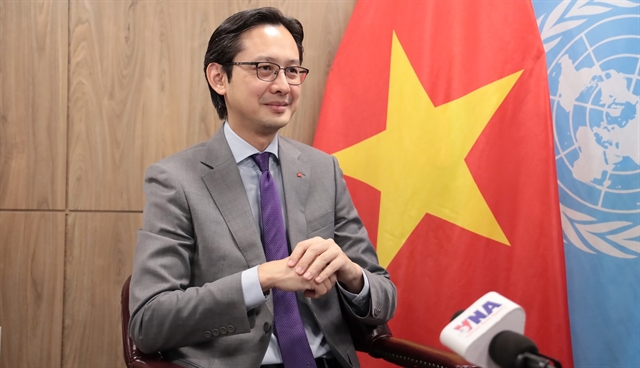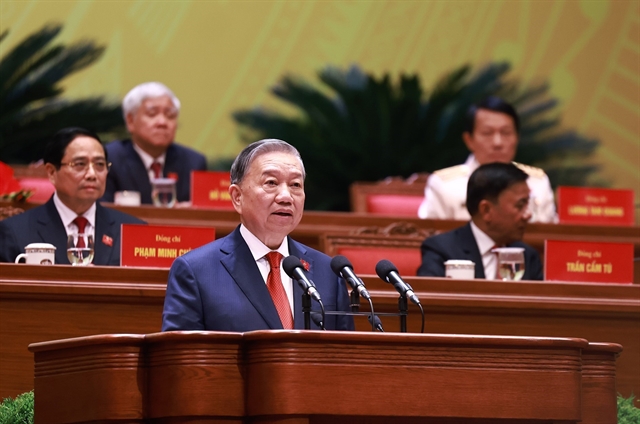 Society
Society

Việt Nam is striving towards producing its own vaccines that can rival foreign ones both in terms of quality and costs by 2020, deputy health minister Nguyễn Thanh Long said.
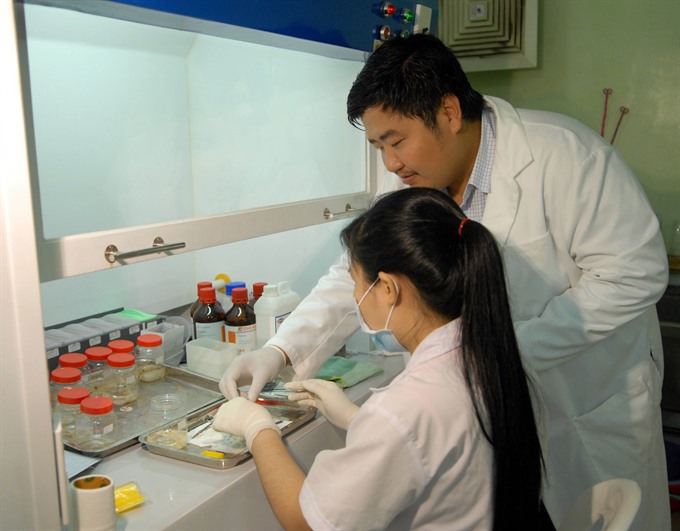 |
| Scientists conduct researches on vaccine in an institute in HCM City. Experts believe that vaccines have been effective in preventing and curing many diseases in Việt Nam during the past years. — VNA/VNS Photo Mạnh Linh |
HÀ NỘI — Việt Nam is striving towards producing its own vaccines that can rival foreign ones both in terms of quality and costs by 2020, deputy health minister Nguyễn Thanh Long said.
To this end, the made-in-Việt Nam products must fully "leverage the country’s manpower and natural resources advantages", deputy minister Long stated as he was addressing a scientific workshop entitled ’Prospects for research and development of vaccines for human diseases in Việt Nam’, jointly held by the ministries of Health, and Science and Technology yesterday in Hà Nội.
The Prime Minister-approved National Vaccine Product Development Programme towards 2020 has approved of 11 tasks, which focus on research, production and development of vaccines for human diseases.
Over the last few years, vaccines have proved their undeniable effectiveness in preventing many diseases, Long said.
Currently, Việt Nam produces 10 types of vaccines for human diseases, of which eight vaccines were used in the National Expanded Vaccination Programme.
Deputy health minister Long stressed that Việt Nam is actively working on the development of many more different vaccines against human diseases.
The workshop aimed to review and re-evaluate the process of implementing the framework project of the National Vaccine Product Development Programme, according to Long. At the same time, it would map out solutions and directions for the country, towards the goal of the country stocking enough vaccine supply and ensuring the quality of domestically-manufactured vaccines.
Nguyễn Ngô Quang, Deputy Director of the health ministry’s Department of Science, Technology and Training, said that the ministry approved National Vaccine Product Development Project in 2013, including 12 science and technology projects and seven investment projects.
During the 2017- 18 period, the health ministry has added three more science and technology projects.
Among 15 approved science and technology projects, nine have been implemented.
Many projects have yielded initial results, including work on Japanese Encaphilitis, polio, Hib and influenza vaccines.
Quang said, in past years, despite many difficulties related to mechanisms, policies and techniques in the field of studying and producing vaccines, the programme’s projects have achieved satisfactory results.
In particular, a project involving the large-scale production of seasonal flu vaccines, hosted by the National Institute of Vaccines and Biologicals, has been verified and delivered excellent result.
Quang proposed that in the future, units under the ministries of Health, and Science and Technology need to enhance supervision and implement tasks, handling new problems as they arise.
Particularly, the two ministries should work together to propose the Government extend the national programme’s implementation until 2030. — VNS

